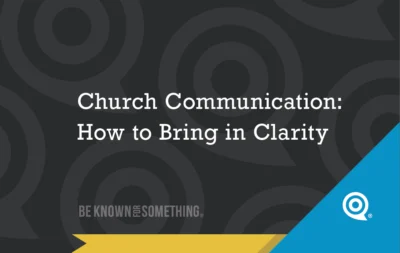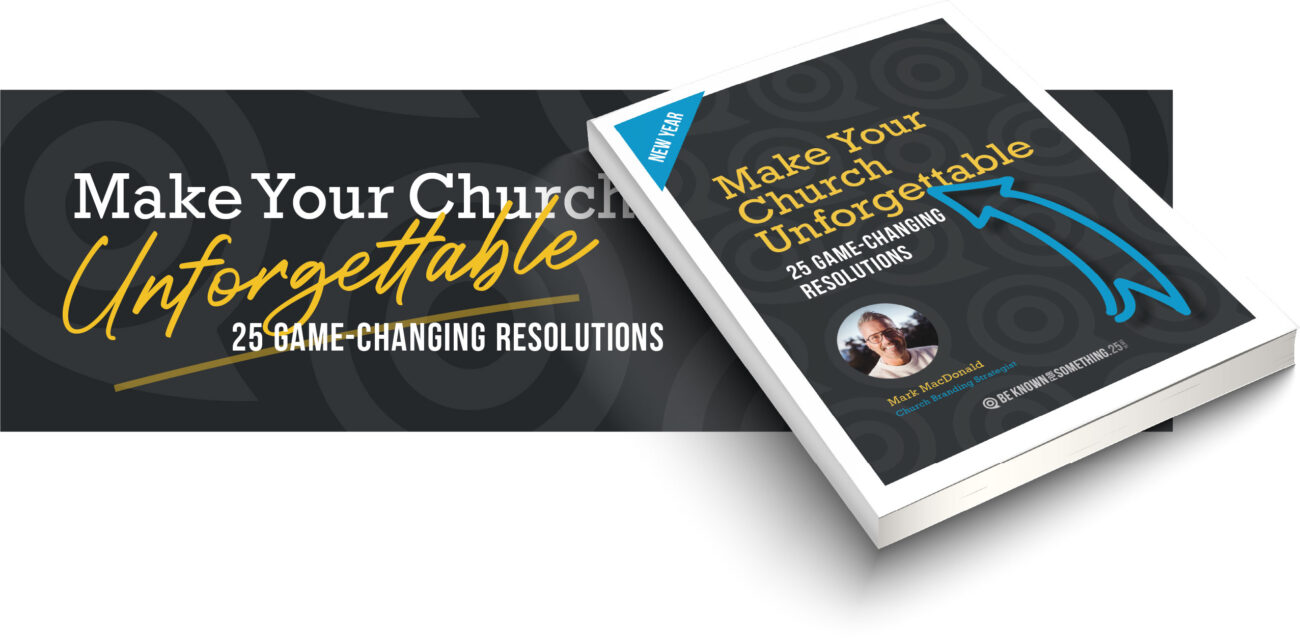What Happens When a Ministry is Broken?
I have a confession. I hate to throw away anything. In fact, it seems that in this time of recession, people are holding on to things that normally they would replace. I think, for the most part, this is great! Cars are being kept to an all-time high. In fact, the median age of cars in the U.S. is up to 9.2 years. And a person I follow on Twitter mentioned that his daughter is using a Mac that’s 10 years old (which is an amazing statement for the longevity of an Apple Computer). This comes on the heels of newspaper reports that the “repair industry” is a booming industry right now.
So, what do you do with things that appear to be broken? I guess you have several choices (depending on “how broken” it is or perceived to be):
- Throw it away
- Hire someone to repair it
- Repair it yourself
- Complain about it but put up with the issue.
- Nothing. Just ignore it.
What about ministry programs or events that aren’t working? Many churches hate to throw things away too.
When we have a computer, a car, electronic device, or a toy that stops working, we quickly determine, from the list above, what we’ll do. But the scary thing for churches (when it comes to programs) is that “NOTHING” is often the chosen option.
And some Pastors are so removed from the issue, that they aren’t even aware of the problem. I would suggest that once a year (or more), take a look at every program and follow this simple process. Consider it a program triage.
- Research and evaluate: Pull your leaders together and ask them for their program goals. It’s the only way to determine if the program is working. Make sure these goals are in writing. Can you imagine if a car company didn’t tell you the gas mileage of a vehicle? It would be difficult to tell the dealer that your car needs a tune-up. However, many church programs don’t have anything to be used as a standard of success! Since the goals are in writing, (when you have your annual checkup) you can evaluate if the ministry is broken. Take these points into consideration during the evaluation process:
• Personnel: are the right people in place for leadership?
• Budget: is there enough money dedicated to your goals?
• Purpose: is your Church (or God’s kingdom) better off with the ministry?
• Competition: is someone near you doing this ministry better than you ever could? - Determine if it’s truly broken or just in need of a tune-up: With the research and evaluation questions answered, start the hard process. Decide to fix the issue(s) or throw the idea away. It sounds calloused, but why keep something that’s not working and taking your budget dollars. Imagine, MAYBE God wants someone else to fill the need.
- Implement a plan for replacement: Once you know what caused the program to break, it’s easier to figure out a different way for the goals to be achieved. If you involve outsiders (who’ve tried before), coupled with the knowledge of your current leaders, you will figure this out. Then start the goal process again for the new ministry.
It’s not easy running a ministry! But running it well and keeping your volunteers happy is critical. The only way to have all this is to set goals and obtain them.
The great part of our job is to communicate the successes. And you’ll have more successes if you deal with the failures in a timely and courageous manner. Perhaps it’s time to “throw away” one of your programs.
Want 25 Game-Changing Resolutions?
Related Posts

Church Communication: How to Bring in Clarity
In the new year, pastors often set goals. They want to grow attendance, launch new ministries, or strengthen discipleship. However,

Church Branding: Why Every Church Is Known for Something
Everyone is known for something, including your church. This is the heart of church branding. The real question isn’t whether

Church Welcome Video Tips Every Pastor Should Use
Your church welcome video is often the first message people experience before they ever step into your building. Long before

